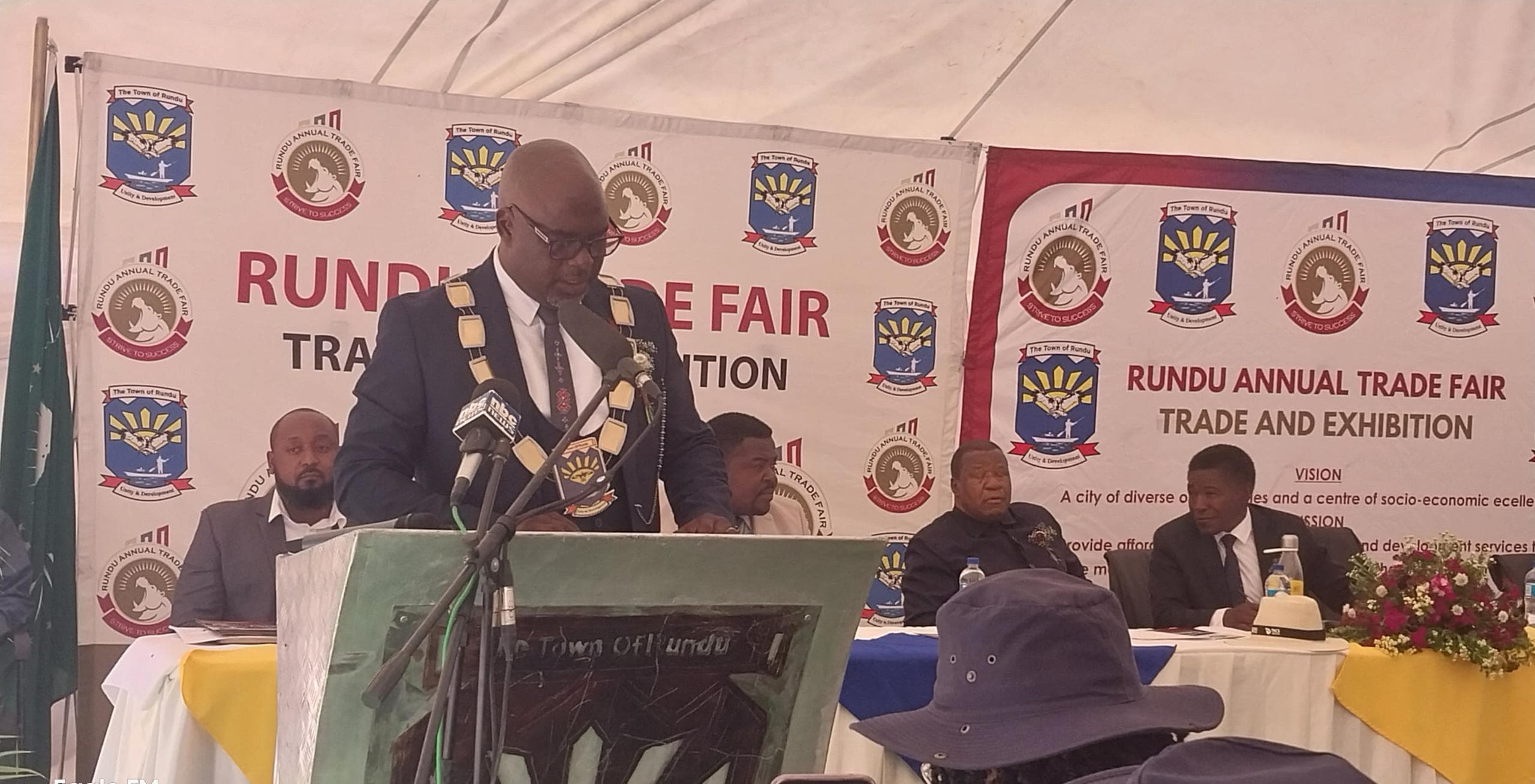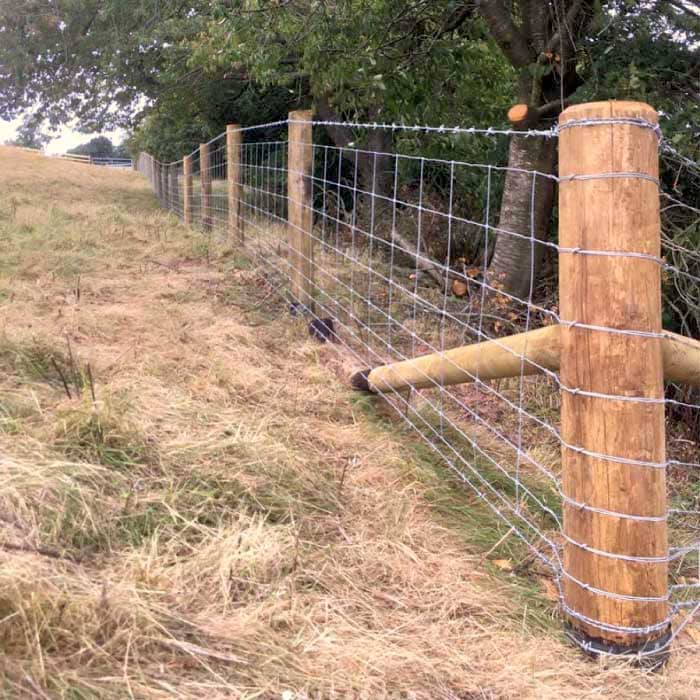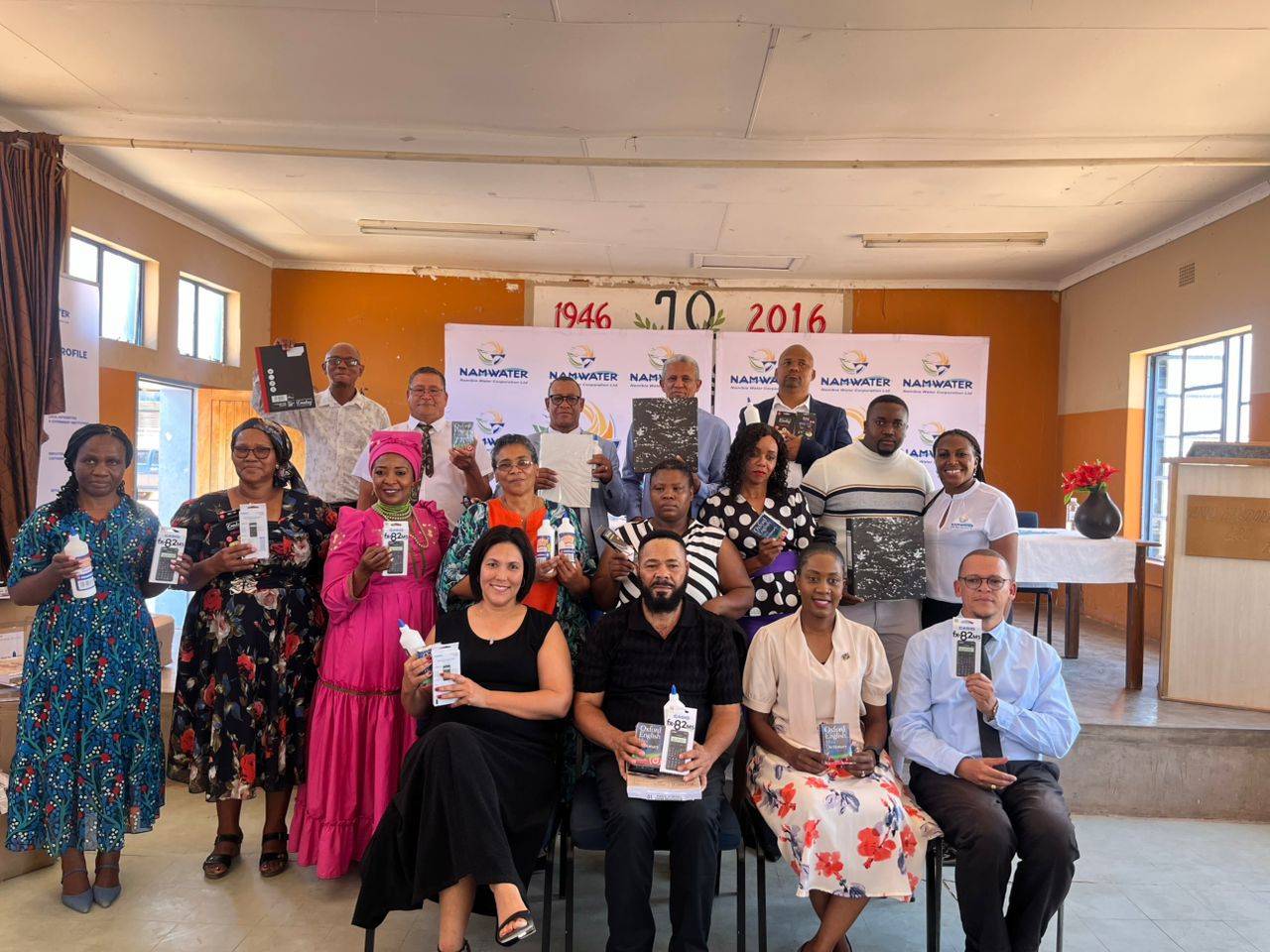The marimba originated among primitive men long ago. It was one of the earliest melodic instruments, and references suggest it was widespread throughout Asia and Africa.
The origin of the marimba is uncertain, however some believe that it originated in Southeast Asia in the 14th century, and others that it came from Africa. The instrument was brought to South America in the early 16th century by African slaves.
The percussion instrument consists of a set of wooden bars struck with yarn or rubber mallets to produce musical tones. Resonators or pipes suspended underneath the bars amplify their sound. A person who plays the marimba is called a marimbist or a marimba player.
To help keep the history of the music alive, Sunshine Private School located in Windhoek started a marimba band.
“We felt it was great idea to start the band, but did not know how the learners would respond,” said founder Shephard Rusenga.
“There was a possibility that they might not like it. Yes, at first the interest from the learners was small but it was understandable because it was something new to them,” Rusenga said.
The following year the band started to gain traction and since then demand has grown drastically for both the public and learners.
“More children became members and the public started booking us for events.”
Learners from Grade 3 are welcome to become a member. However it is only those from Grade 4 who get the opportunity to perform at events. Rusenga explained this is because the Grade 3s are still undergoing training.
The band consists of three teachers – Rusenga, Tapfuma Mushayi and Mutsa Pazvakavambwa and is a non-profit making organisation.
“We don’t get paid or play for money. We do it because of the great benefits that it has to offer our learners. When we get invited to perform, things such as the learners transportation costs to and from the function or refreshments are paid for by the event organisers,” Rusenga said.
The team often refuse night time events, because they don’t want the children to be out late at night. Before and after a show children are picked up and then dropped off safely again. Rusenga said the safety of the children is a priority.
“We need to care for them. Before an event parents sign a consent form. Parents must know where their children are and in this way they can control at which events they would like their children to perform.”
Rusenga said it is important for the younger generation to learn about music at an early age especially those who would like to focus on music more in future.
Over the years, Rusenga has noticed that music can nurture creative young minds. He said participating in the band can facilitate increased self-esteem, confidence, creativity and overcoming shyness for youngsters.
The band’s motto is ‘Books Before Marimba’, which Rusenga says inspires learners to study hard.
Twelve-year-old marimbist, Irja Aukongo, said since she joined the band she has experienced that her shyness has gone away.
“Before I found it challenging to talk to people. Being a marimbist has helped me outgrow this and I am more confident now. I also feel good and proud of myself and the band whenever people say we make beautiful music.”
Marimbist, Lahja Akawa, said she enjoys playing at functions as it gives her the opportunity to see new places, meet new people and personally see famous people that she has only seen on television, in newspapers and magazines.
“Growing up I loved music, but there were never any musical instruments around me. When I first saw the marimbas at school, I just wanted to be around them. I do enjoy marimba music because it is beautiful and it makes me happy. It also cheers me up whenever I am sad. I would like to encourage others to also listen to it,” Akawa said.
Stay informed with The Namibian – your source for credible journalism. Get in-depth reporting and opinions for
only N$85 a month. Invest in journalism, invest in democracy –
Subscribe Now!






